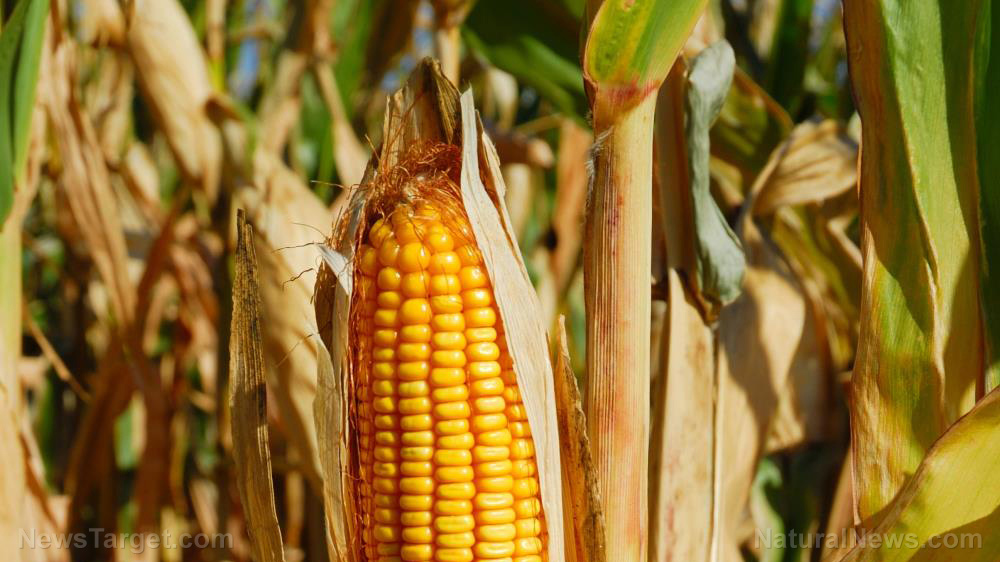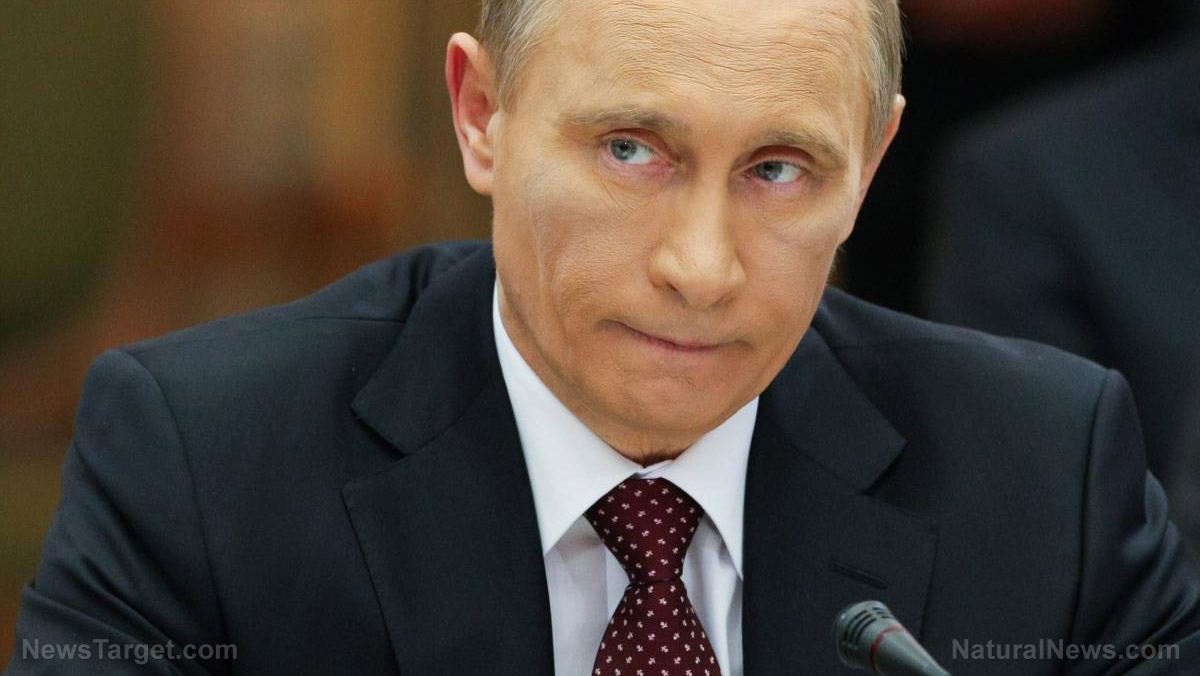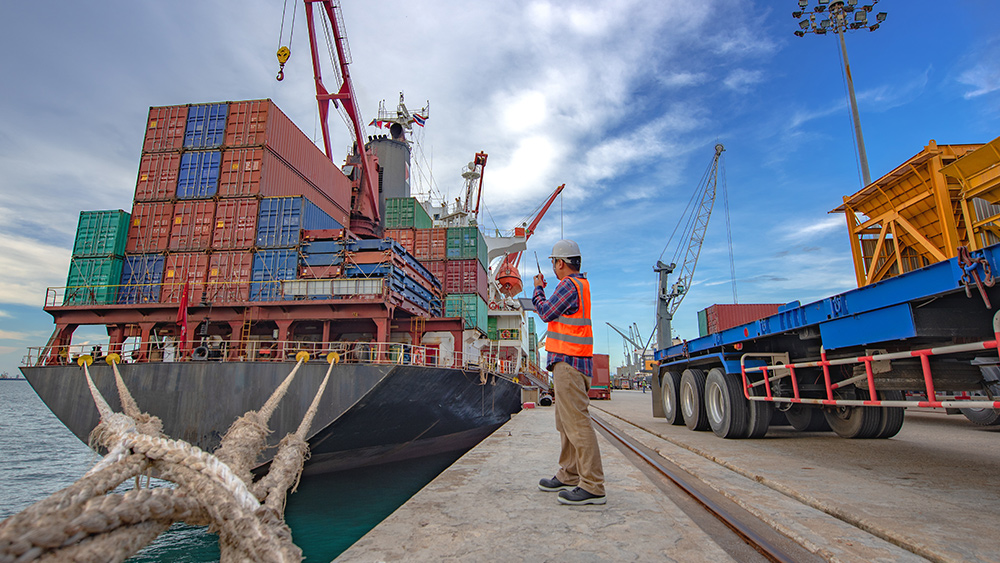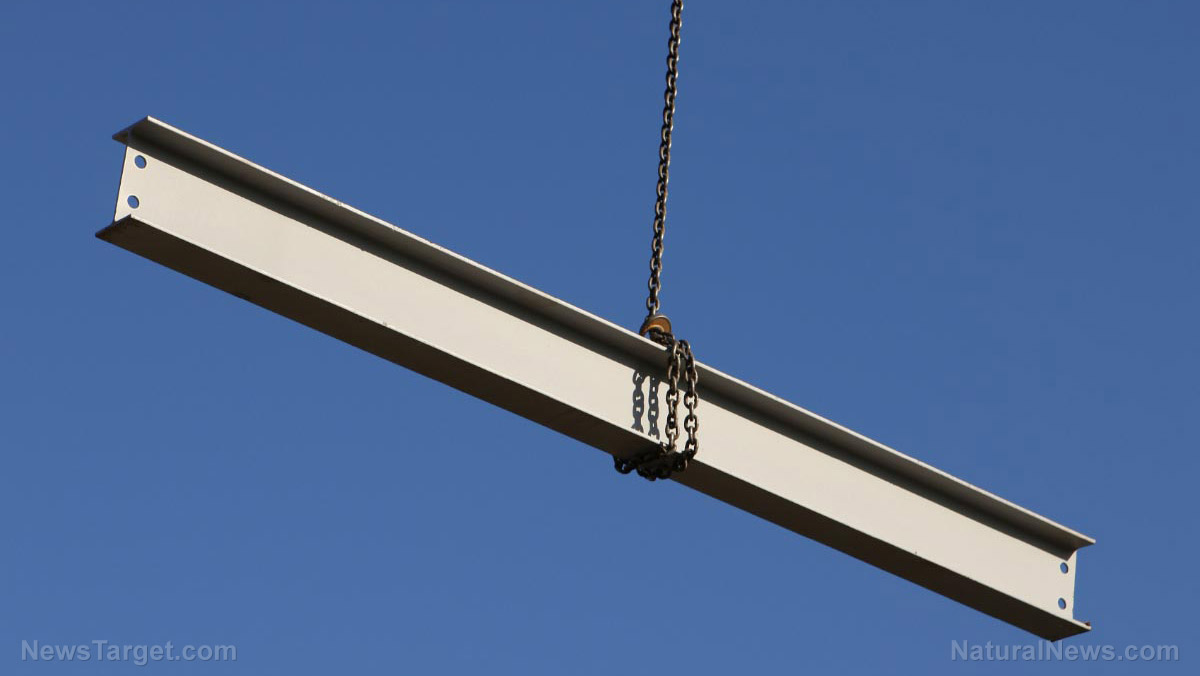Brazilian agriculture official: No corn exports to China until next year
07/22/2022 / By Kevin Hughes

A Brazilian agriculture ministry official said on Thursday, July 14, the country’s corn may only be exported to China next year because of demands made by Beijing concerning trade protocols.
According to Jose Guilherme Leal, agriculture defense secretary at the ministry, Beijing has requested the monitoring of a few weeds and fungi in corn crops and called it a normal request in agreements of sanitary agreements and protocols.
“The protocol provides for the need for monitoring and information on production. As we did not monitor the current second corn crop, I reaffirm that exports will only be possible from the 2022-23 summer crop onwards,” Leal said.
The Brazilian agriculture ministry corroborated Leal’s comments in an emailed message to Reuters.
Leal mentioned Brazilian corn growers who want to export to China will have to adapt and report the conditions of the crop and the products utilized to fight pests and diseases before the ministry will be able to confirm shipments.
China announced it would complete the signing of the quarantine agreement for imports of Brazilian corn without giving a specific timeline.
Cesario Ramalho, the head of institutional affairs at corn farmer group Abramilho, told a media conference last week that agriculture ministry officials were in negotiations with China about the approval of specific types of transgenic corn cultivated in Brazil.
The ministry did not provide an immediate remark.
Ramalho added that shipments have not started, as negotiations are ongoing for China to accept certain types of transgenic corn that Brazilian farmers already plant with permission from Brazilian biosecurity agency CTNBio.
China’s customs authority in May finalized a deal to permit imports of Brazilian corn, setting up an alternative to United States corn.
Brazil, one of the world’s biggest producer and exporter of corn, also sells the product to Iran, Japan, Mexico and the European Union. Ramalho said the country should continue to export corn to as many markets as possible to prevent dependence on a single buyer.
China purchases about half of Brazil’s exported meat and around 80 percent of its soy exports annually.
Brazilian corn thrives amid conflict in Ukraine
Meanwhile, Brazilian corn exports through the southern ports in Parana state have soared 221 percent in the first half of the year.
“With the conflict, Ukraine, which exports corn at this time of year, is unable to ship. Thus, countries have to look for corn in other origins, including Brazil,” stated a Paranagua port authority release on Monday, July 18.
The Paranagua port authority said that from January to June, 1.9 million tons of corn were delivered through the ports in Parana state, up from 591,538 tons during the same period last year. Data indicates that the South American nation is on track to export about 37.5 million tons this year, up about 80 percent from 2021.
Brazilian farmers at this time of the year are finishing harvesting their winter corn, which comprises about 75 percent of national production in a particular year. (Related: MORE CROP FAILURES: Brazil’s corn crops compromised by frost in second bout of unusually cold temperatures this year)
The abundance of Brazil’s winter corn makes it a huge exporter in the second half, competing with heavyweight suppliers like the United States in worldwide markets.
Follow FoodSupply.news for more news about corn and other products.
Watch the video below about India continuing wheat export to countries in need.
This video is from the High Hopes channel on Brighteon.com.
More related stories:
Corn, soybean, wheat, oat planting in the US now far behind their five-year averages.
Rice crisis incoming: Soaring fertilizer prices threaten rice production in Asia.
Bhutan facing food shortages following India’s wheat export ban.
Sources include:
Submit a correction >>
Tagged Under:
agriculture, big government, Brazil, China, corn export, crop, food production, food supply, harvest, products, summer corn, supply chain, winter corn
This article may contain statements that reflect the opinion of the author
RECENT NEWS & ARTICLES
SupplyChainWarning.com is a fact-based public education website published by SupplyChainWarning.com Features, LLC.
All content copyright © 2021 by SupplyChainWarning.com Features, LLC.
Contact Us with Tips or Corrections
All trademarks, registered trademarks and servicemarks mentioned on this site are the property of their respective owners.





















